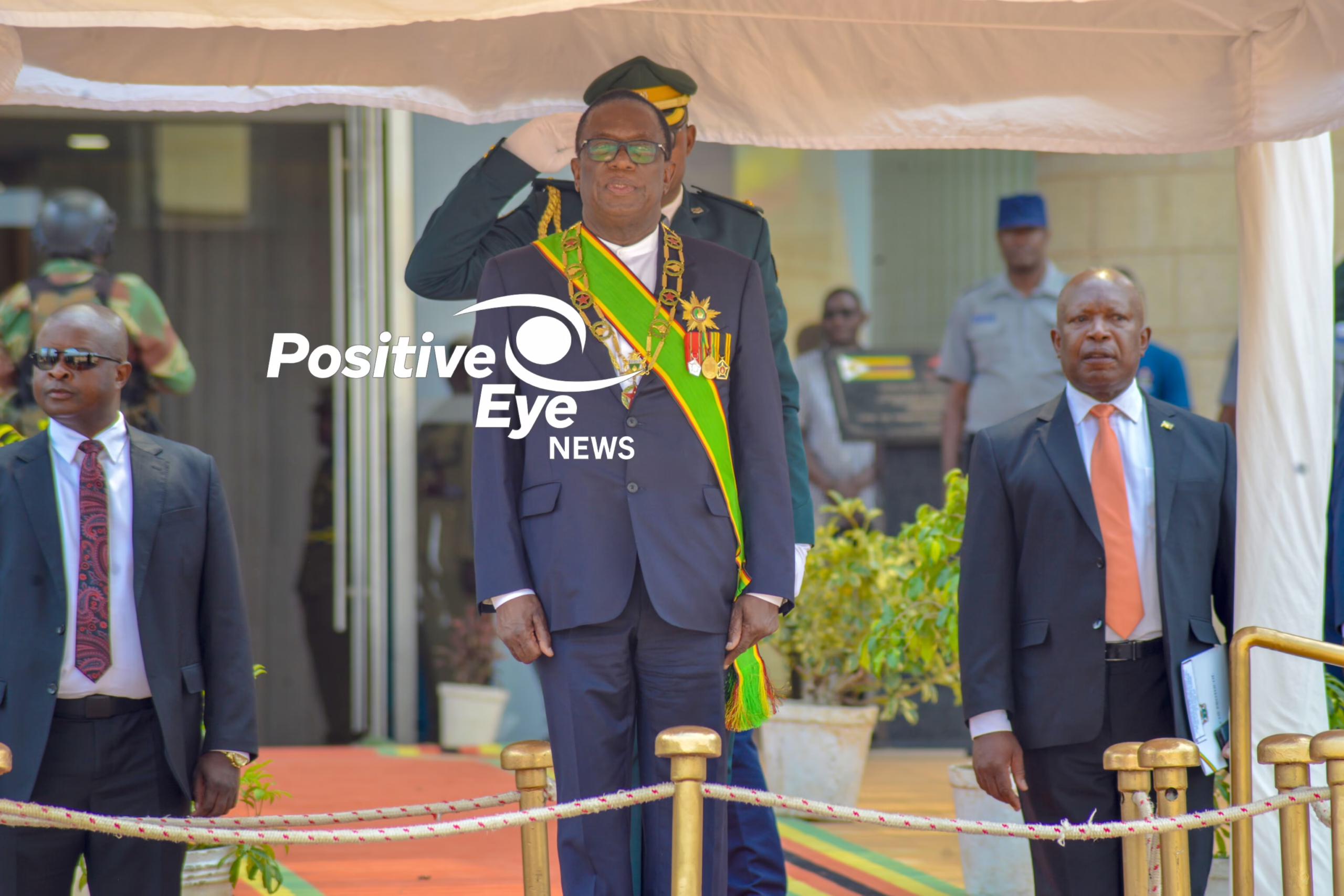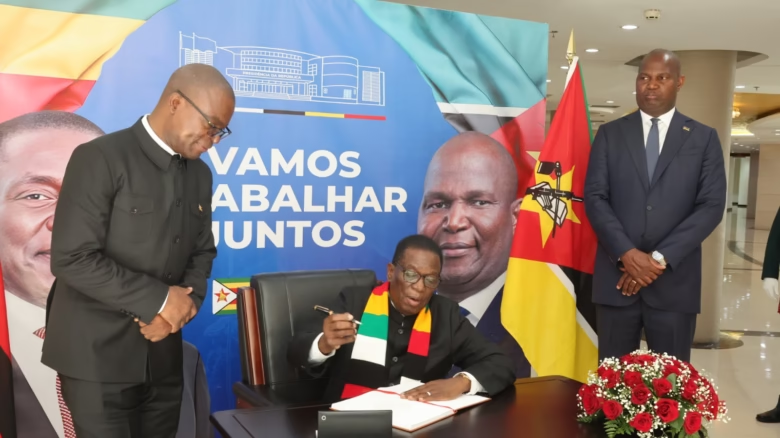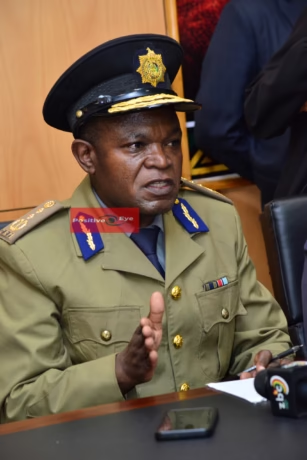
When President Emmerson Dambudzo Mnangagwa stood before the nation to deliver the 2025 State of the Nation Address, his message reached beyond the walls of Parliament. It resonated with the spirit of a country determined to move from endurance to excellence, from recovery to renewal. The President spoke not as a distant head of state, but as a leader deeply engaged with the everyday realities of his people, offering a vision built on belief, productivity, and national confidence.
His tone carried the assurance of experience, but also the energy of a reformer still on a mission. He declared that Zimbabwe’s economy is projected to grow by 6.6 percent this year, not as an abstract statistic, but as a living reflection of collective effort across farms, factories, and marketplaces. To President Mnangagwa, growth is not just about numbers, it is about livelihoods transformed, communities empowered, and opportunities created through determination and vision.
The President celebrated the country’s agricultural resurgence, calling it the heartbeat of Zimbabwe’s progress. He praised the nation’s farmers, the tobacco growers, maize producers, and wheat cultivators, whose commitment has restored pride in the land. He noted that government will continue investing in mechanisation, irrigation systems, and input support to ensure that agriculture becomes a reliable engine for industrial and export growth.
What made his address remarkable was its sense of inclusivity and grounded leadership. President Mnangagwa reminded the nation that true development is measured by the wellbeing of every citizen, reinforcing his guiding philosophy that no one and no place should be left behind. He spoke of a Zimbabwe where rural communities share the same promise of opportunity as urban centres, where innovation and empowerment replace dependency and despair.
He outlined a progressive legislative agenda that speaks to renewal and accountability. From the Mines and Minerals Amendment to the Climate Change Management and Public Procurement reforms, the President emphasised a new governance culture that matches ambition with integrity. These reforms, he said, are meant to modernise the nation’s institutional systems and ensure that growth is managed responsibly and transparently.
On foreign relations, President Mnangagwa reaffirmed Zimbabwe’s steady re-engagement path, guided by the enduring principle of friendship to all and enmity to none. He called for deeper partnerships with investors, regional blocs, and development allies who share Zimbabwe’s vision of mutual growth and respect.
Infrastructure development featured as a central pillar in his speech, roads, power generation, and social amenities that define the daily experience of citizens. The President highlighted that such projects are not merely structures, but the arteries of a growing economy. They represent the government’s promise to connect the nation, empower communities, and prepare the ground for sustained prosperity.
President Mnangagwa’s 2025 address was not a speech of promises, it was a conversation of purpose. It reminded Zimbabweans that their strength lies not in waiting for change but in participating in it. His words were both a reflection and a challenge, a call for citizens to match the government’s vision with their own initiative and industry.
In essence, the President’s message captured a nation standing at the threshold of transformation. It was an invitation to believe again, in the land, in the leadership, and in the limitless potential of Zimbabwe.




